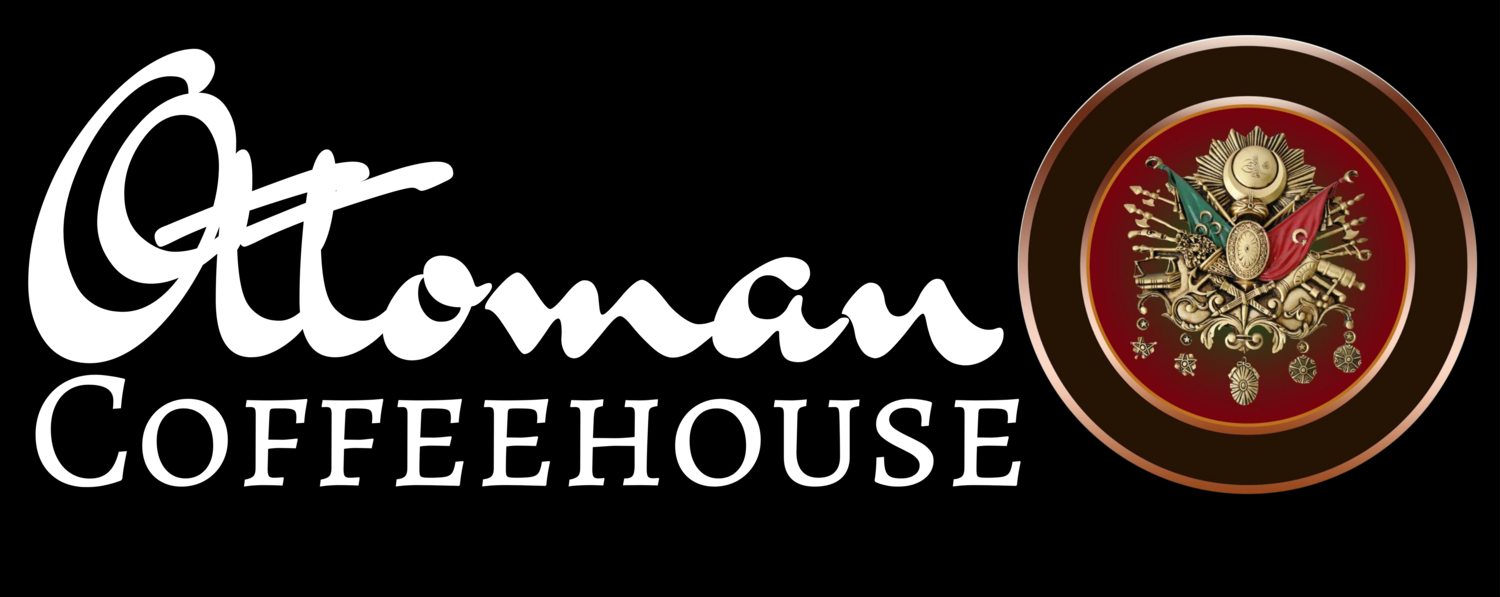
What makes you guys different from the likes of Nero and Starbucks?
Consumers have an even more refined taste, with a preference for single origin coffees, and appreciate the art of the pour over. We accommodate the consumer with a somewhat sophisticated palette and host coffee from a variety of specialty roasters across the globe. We don't offer a sugary and “shit to get hooked on” over-roasted beans, instead of paying for a brand we offer our consumers high quality drinks meant to be enjoyed.
Disclaimer: we don't intend to embarrass anyone who is into mainstream coffee shops brands. Everyone has different taste preferences, yours might be towards the dark side.
Why would we choose you guys when I could get the same coffee elsewhere?
As we are a smaller business, we would encourage you to visit other independent businesses, every independent shop has its own unique atmosphere with its own bespoke decor; they have the ability to adapt quickly and evolve, We always push different and experimental brew methods, and like other independents, we regularly switch our roasters which is more difficult for the mainstream coffee shops. So you always get something interesting to drink.
Ottoman Coffeehouse: We offer a third wave coffee experience, serving specialty coffee from the best roasters across the globe, in a space that feels like a grand coffee house of eastern Europe, with a smile (mostly). What more can you ask for.
What do we mean "third wave"?
First Wave:
In the 60's consumer access to coffee started, with a period of exploitation of coffee-producing regions, for the profit of large brands, farmers not being paid a fair price. This involved mass production of beans to be roasted, ground and sold in supermarkets; quality wasn't important,
Supermarkets were happy to sell stale and out of date coffee, the consumer developed a preference for dark, bitter coffee.
Second Wave:
The second wave came with an increase in quality coffee being readily available. Thats when the likes of Starbucks etc started to run coffee shops, brands started to pay attention to the way coffee was processed, and sourced. The coffee shop space took importance as consumers would spend time inside their shop, becoming default location for people to meet. The preference moved for flavoured coffee drinks and sugar-rich coffee variations, as well as bitter dark roasted coffee beans, a focus for a new kind of barista and coffee culture was born.
Third Wave:
Third wave sets us apart from those who did the very same things before us, a way of truly appreciating quality, with a understanding of the coffee as a drink; greater emphasis on sustainability, A move towards lighter roasts and unleashing the subtle notes of coffee beans (orange, honey or berries etc.), innovative brew methods, chasing sweetness, complexity and distinctiveness in our brews and a genuine consideration of how coffee growing impacts physical environments. we the can tell consumers the stories behind the cup. The third wave experience is a combination of education, knowledge and hospitality.
Whats the difference between Specialty coffee and Third wave?
Third wave is a mindset around loving the guest in all things.
Specialty coffee ensures the quality of your bean through a point system by certified Q-Graders. The SCA scored coffee on a 100 - point scale, coffee that score 60 points or above are considered commercial-grade, at 80 points or above, they are graded 'specialty'. These exceptional coffees are what we call Specialty coffee. Ottoman Coffeehouse only serve Specialty coffee.
So next time you step in to a third wave coffee shop, don’t be afraid to ask your barista about your drink.
Credit: Perfect Daily Grind, Hermano coffee roasters








